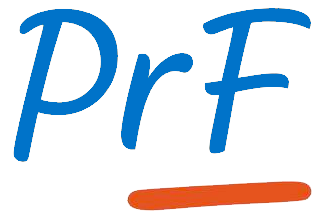A crystal is an organized group of molecules, each with their own shape. For example, snowflakes are made of ice crystals and each snowflake is different. You can make crystals by using salt or sugar. ...
Sugar makes any dessert an extra scrumptious treat, but what happens when you add a bit of science fun to the sweet tasting substance and start heating sugar? Be a chemist for a day and study the simp ...
In this experiment, we will find out whether different types of oil mix or stack on top of one another.It is an educational content by education.com.By clicking on the title of this resource, you will ...
Rub-a-dub-dub, there’s pepper in my tub! In this experiment, you’ll use pepper floating on water to demonstrate how soap affects the surface of water. This is a quick experiment, but it’s so fun to wa ...
In this experiment, we will find out whether we can create motion in a dish and as a result, create a wonderful and colorful show.sIt is an educational content by education.com.By clicking on the titl ...
hemical energy is a form of potential energy stored in matter when atoms join together to form chemical compounds. It can be released when matter undergoes a chemical change. The food that you eat pro ...
It's oozy, it's goopy, and it's just plain fun. Snails make it, and slugs slide on it. It's slime!Slime is an odd substance. It is soft and squishy like a liquid, but it sticks together like a solid. ...
The mpemba effect can cause hot water to freeze faster than cold water.This has led to a popular kitchen myth: that the opposite is also true.Namely, that cold water boils faster than hot water.How tr ...
It’s commonly known that soda has a large quantity of sugar.But how much sugar is there in fruit juice?Does it matter that it’s “fresh squeezed” or that it’s “organic”? What is the purpose of these la ...
Volcanoes are very interesting. I wanted to find out what happens inside a volcano. I have read about it and also seen some videos. I made a model of volcano to see how a chemical reaction makes a mag ...




